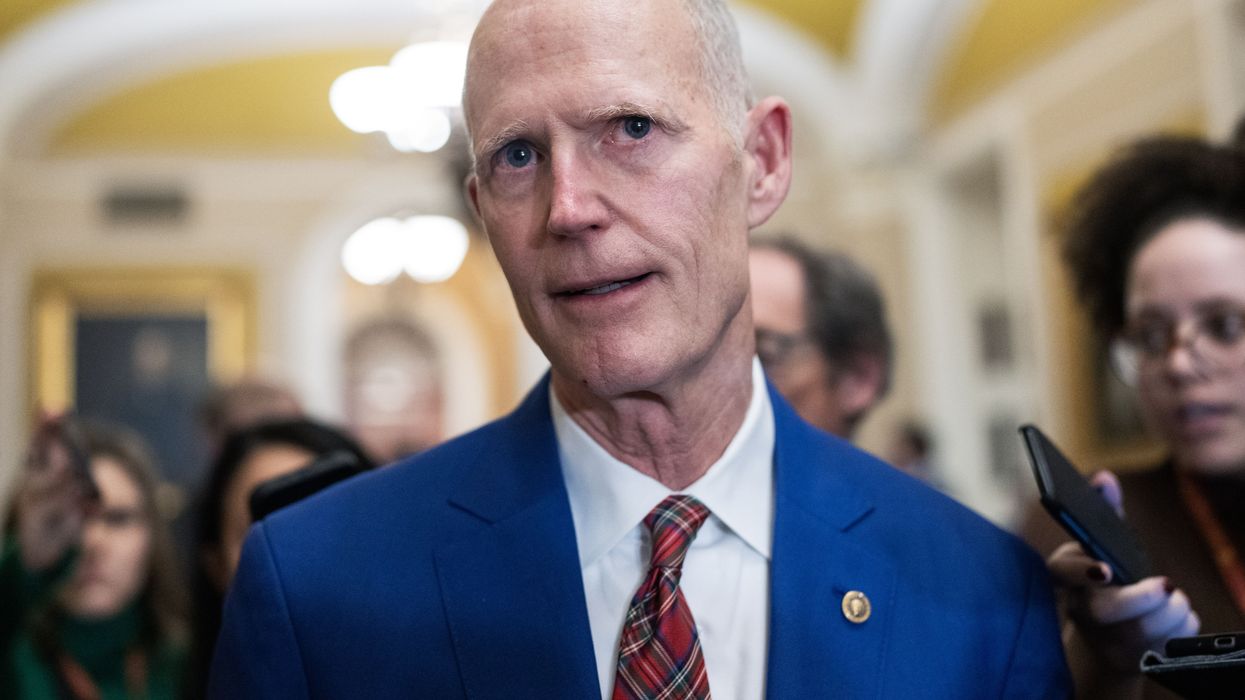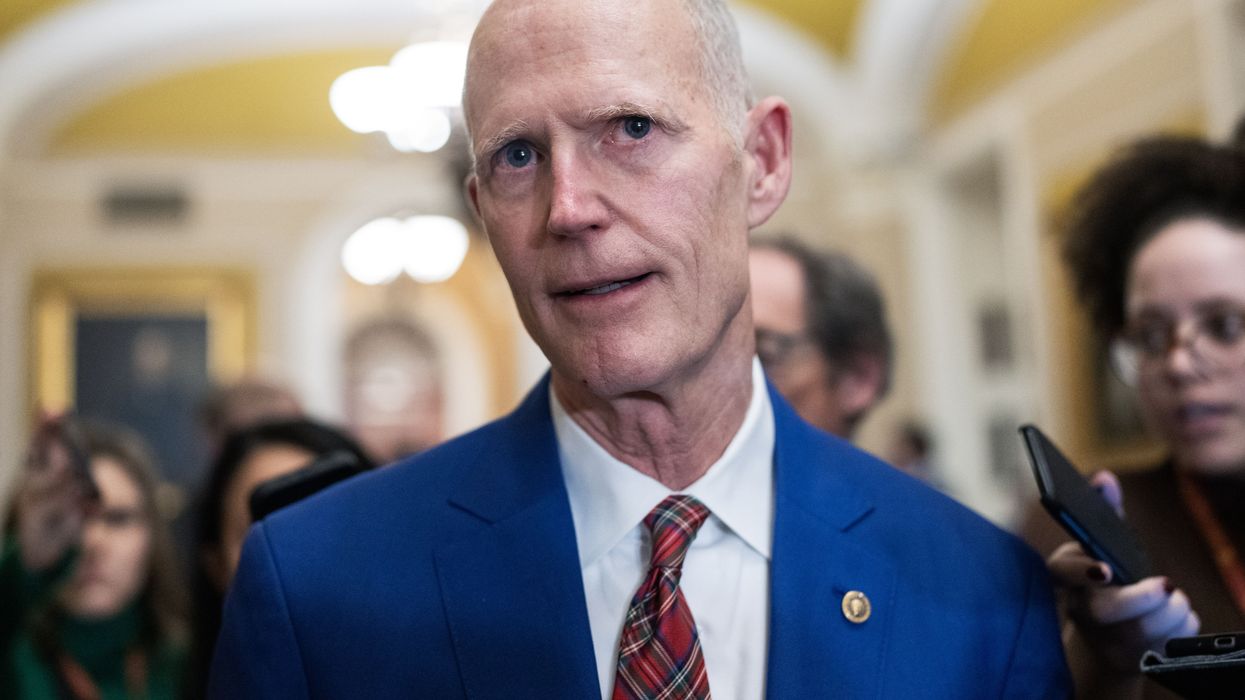When floating the name change idea last month, Trump said that "I'm sure Congress will go along if we need that."
Indeed, on Friday Sens. Rick Scott (R-Fla.) and Mike Lee (R-Utah) introduced a bill meant to coincide with Trump's decree. The Department of War name dates back to the 18th century but hasn't been used since the National Security Act of 1947, which created the National Military Establishment (NME)—a name that was changed to Department of Defense because the acronym NME sounded too much like the word "enemy."
"The United States military is not a purely defensive force," Scott said in a statement. "We are the most lethal fighting force on the face of the planet—ready to defeat any enemy when called upon. Restoring the name to Department of War reflects our true purpose: to dominate wars, not merely respond after being provoked."
The move faces considerable opposition from lawmakers, including Sen. Mark Kelly (D-Ariz.), a former Navy combat pilot who, in a dig at Trump, quipped that "only someone who avoided the draft would want to rename the Department of Defense to the Department of War," and Sen. Andy Kim (D-NJ), who argued that "Americans want to prevent wars, not tout them."
However, others noted that "War Department" is a moniker befitting a nation that has attacked, invaded, or occupied others in all but a handful of the Defense Department's 78-year history, and which has a global military footprint of hundreds of overseas bases.
Many "non-interventionists and foreign policy realists" concur that the name change "is just more honest," as Jack Hunter wrote for Responsible Statecraft.
Pointing to this week's deadly US strike on an alleged drug-running boat in the Caribbean and Secretary of State Marco Rubio's threat of more such attacks to come, former Human Rights Watch director Kenneth Roth said Friday on social media that if Trump "keeps sending US forces to blow up alleged (but unproven) drug traffickers, he should call it the Department of Summary Executions."
Keeping with that theme, photojournalist Joshua Collins said on social media that "I actually think calling it 'the Department of War' is infinitely more honest. Because that's exactly what it does."
"Maybe while they're at it though, they can rename ICE 'the Department of kidnappings, extortion, forced disappearances, and human trafficking," Collins added, referring to Trump's Immigration and Customs Enforcement anti-immigrant blitz.
Jason Hickel, a professor at the Autonomous University of Barcelona's Institute for Environmental Science and Technology, said on social media that "this is wonderful news."
"The US 'Department of Defense' has never been primarily about defense; it is a euphemism for an institution that is mostly focused on wars of imperial aggression," he wrote. "At least now there is no pretending otherwise."
Medea Benjamin, co-founder of the peace group CodePink, wrote: "I'm glad Trump is changing the name of the Defense Department to the War Dept because it has never been about defense. And calling it the 'Department-to-make-the-merchants-of-death-rich' is kind of long."
Former Congressman Adam Kinzinger (R-Ill.) remarked: "Department of War? More like Department of Distraction... Epstein."
Matt Duss, executive vice president at the Center for International Policy and a former foreign policy adviser to Sen. Bernie Sanders (I-Vt.), said Friday that no matter what the president calls the Pentagon, "Trump is really good at renaming things, but bad at keeping Americans safe and prosperous."
"He ran as the supposed anti-war candidate but has proven to be just the opposite," Duss noted. "This stunt underscores that Trump is more interested in belligerent chest thumping than genuine peacemaking—with dangerous consequences for American security, global standing, and the safety of our armed services."




